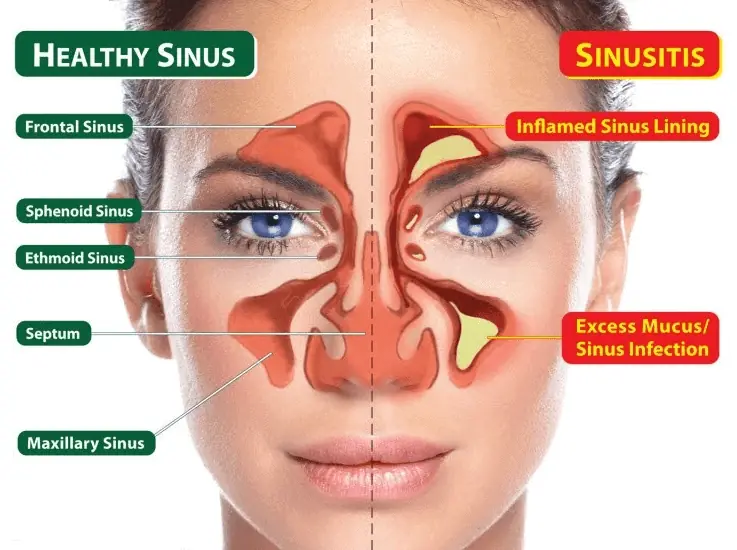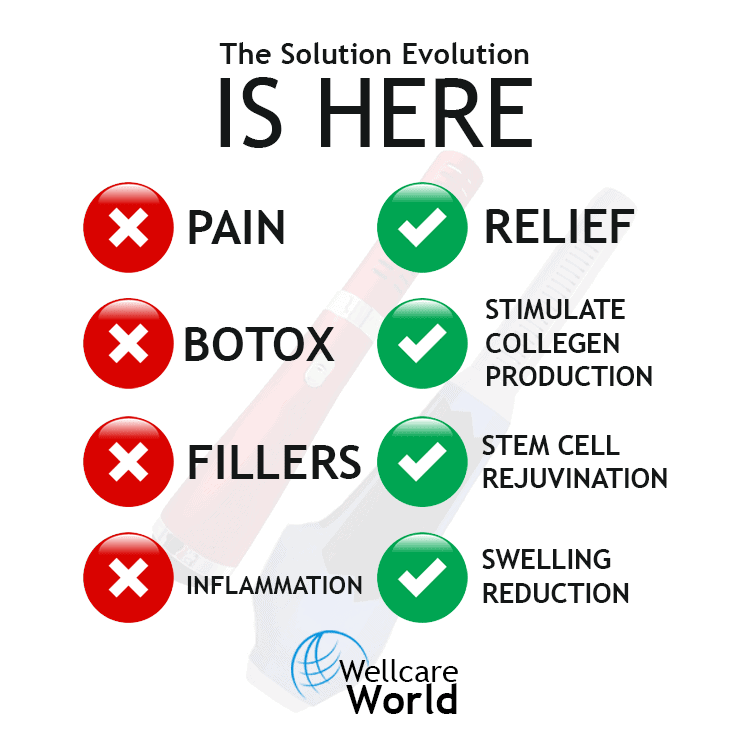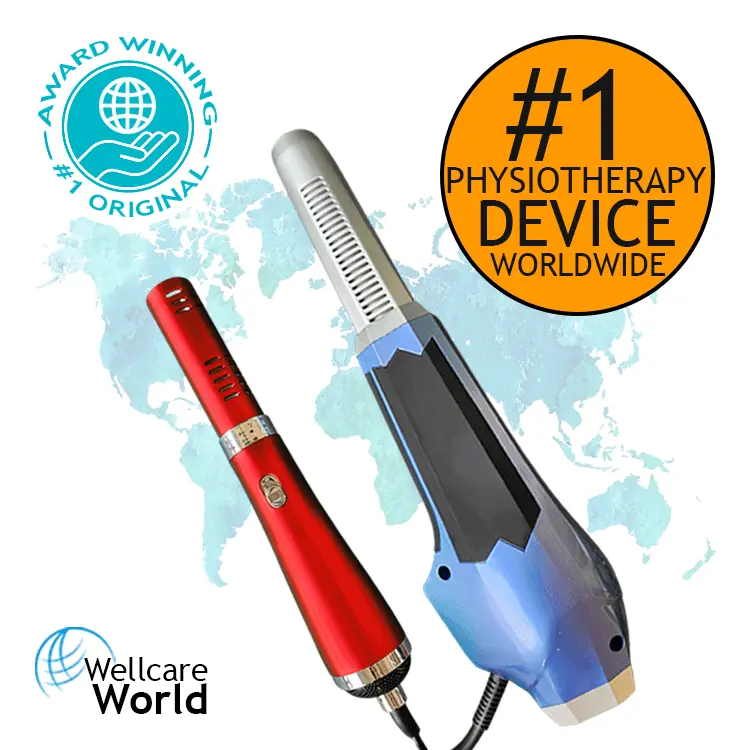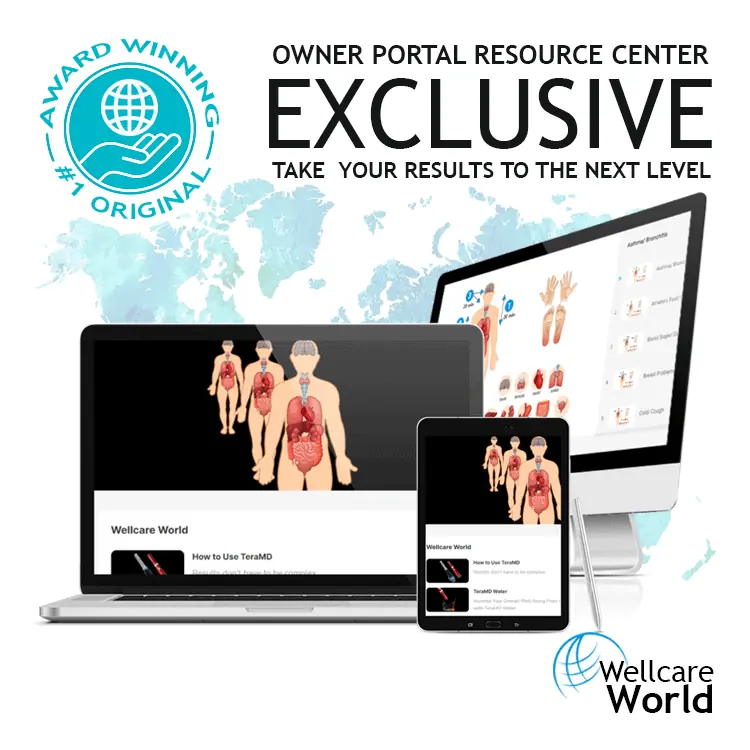
Sinusitis Inflammation and Terahertz
What is Terahertz Radiation?
Terahertz radiation is a type of electromagnetic radiation that lies between infrared and microwave radiation on the electromagnetic spectrum. Terahertz radiation has a frequency range of 0.1 to 10 THz and a wavelength range of 30 μm to 3 mm. It is also known as submillimeter radiation, as its wavelengths are longer than those of visible light but shorter than those of microwaves.
Terahertz radiation has unique properties that make it attractive for medical applications. It is non-ionizing, which means it does not have enough energy to break molecular bonds or ionize atoms. This makes it safe for medical use as it does not cause DNA damage or cell death. Terahertz radiation also has good tissue penetration, as it can pass through skin, clothing, and other non-conducting materials. This makes it ideal for non-invasive medical imaging and therapy.
How Terahertz Radiation Reduces Inflammation
Terahertz radiation has been shown to have anti-inflammatory effects in a number of studies. Inflammation is a complex biological process that involves the activation of immune cells, the release of inflammatory cytokines, and the recruitment of immune cells to the site of infection or injury. Inflammation can be acute or chronic, and chronic inflammation is associated with a number of diseases, including sinusitis.
Terahertz radiation has been shown to reduce inflammation by modulating the activity of immune cells and cytokines. In a study published in the Journal of Biological Regulators and Homeostatic Agents, researchers found that Terahertz radiation reduced the expression of pro-inflammatory cytokines and increased the expression of anti-inflammatory cytokines in immune cells. This suggests that Terahertz radiation could be used to modulate the immune response and reduce inflammation.
Terahertz radiation has also been shown to reduce inflammation in animal models of disease. In a study published in the Journal of Immunology Research, researchers found that Terahertz radiation reduced inflammation in a mouse model of rheumatoid arthritis. The researchers attributed this effect to the ability of Terahertz radiation to reduce the activity of inflammatory cytokines and increase the activity of anti-inflammatory cytokines.
Potential for Terahertz Radiation in Sinusitis Therapy
Given the anti-inflammatory properties of Terahertz radiation, it is possible that it could be used as a therapy to reduce inflammation in sinuses. Sinusitis is caused by inflammation of the tissues lining the sinuses, and reducing inflammation could help alleviate symptoms and speed up healing.
While there are currently no studies investigating the use of Terahertz radiation in sinusitis therapy, there is some evidence to suggest that it could be beneficial. In a study published in the Journal of Infrared, Millimeter, and Terahertz Waves, researchers found that Terahertz radiation reduced inflammation in a rat model of acute sinusitis. The researchers attributed this effect to the ability of Terahertz radiation to modulate the immune response and reduce the activity of inflammatory cytokines.
It is important to note that Terahertz radiation is not currently approved for use in sinusitis therapy or any other medical condition. More research is needed to determine the safety and efficacy of Terahertz radiation as a therapy for sinusitis. Additionally, Terahertz radiation is a relatively new technology, and there are still many questions about its long-term effects and potential risks.
Nevertheless, the potential of Terahertz radiation in reducing inflammation in sinuses is an exciting prospect. If further studies confirm its efficacy and safety, Terahertz radiation could offer a non-invasive and non-pharmacological therapy for sinusitis patients.
Current Treatment for Sinusitis
The treatment for sinusitis depends on the underlying cause and severity of the condition. Acute sinusitis is usually caused by a bacterial or viral infection, and antibiotics are often prescribed to treat the infection. Decongestants and painkillers may also be used to relieve symptoms such as congestion and pain.
Chronic sinusitis, which lasts for more than 12 weeks, may require more extensive treatment. In addition to antibiotics and decongestants, chronic sinusitis may be treated with steroid nasal sprays, immunotherapy, or surgery to improve drainage of the sinuses.
While these treatments can be effective, they may also have side effects, and some people may not respond well to them. There is a need for new and innovative therapies to help reduce inflammation in the sinuses and alleviate symptoms.
Conclusion
Sinusitis is a common condition that can cause pain, discomfort, and other symptoms. While antibiotics and other medications are often used to treat sinusitis, there is a need for new and innovative therapies to help reduce inflammation in the sinuses. Terahertz radiation is a type of electromagnetic radiation that has been shown to have anti-inflammatory effects in a number of studies. Terahertz radiation could be used as a therapy to reduce inflammation in sinuses, but more research is needed to determine its safety and efficacy. If Terahertz radiation proves to be an effective therapy for sinusitis, it could offer a non-invasive and non-pharmacological alternative to traditional treatments. It is important for sinusitis patients to talk to their doctors about the best ways to manage their symptoms and to stay informed about new and emerging therapies.






